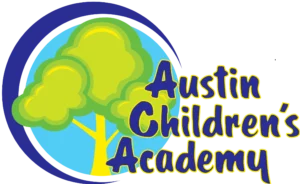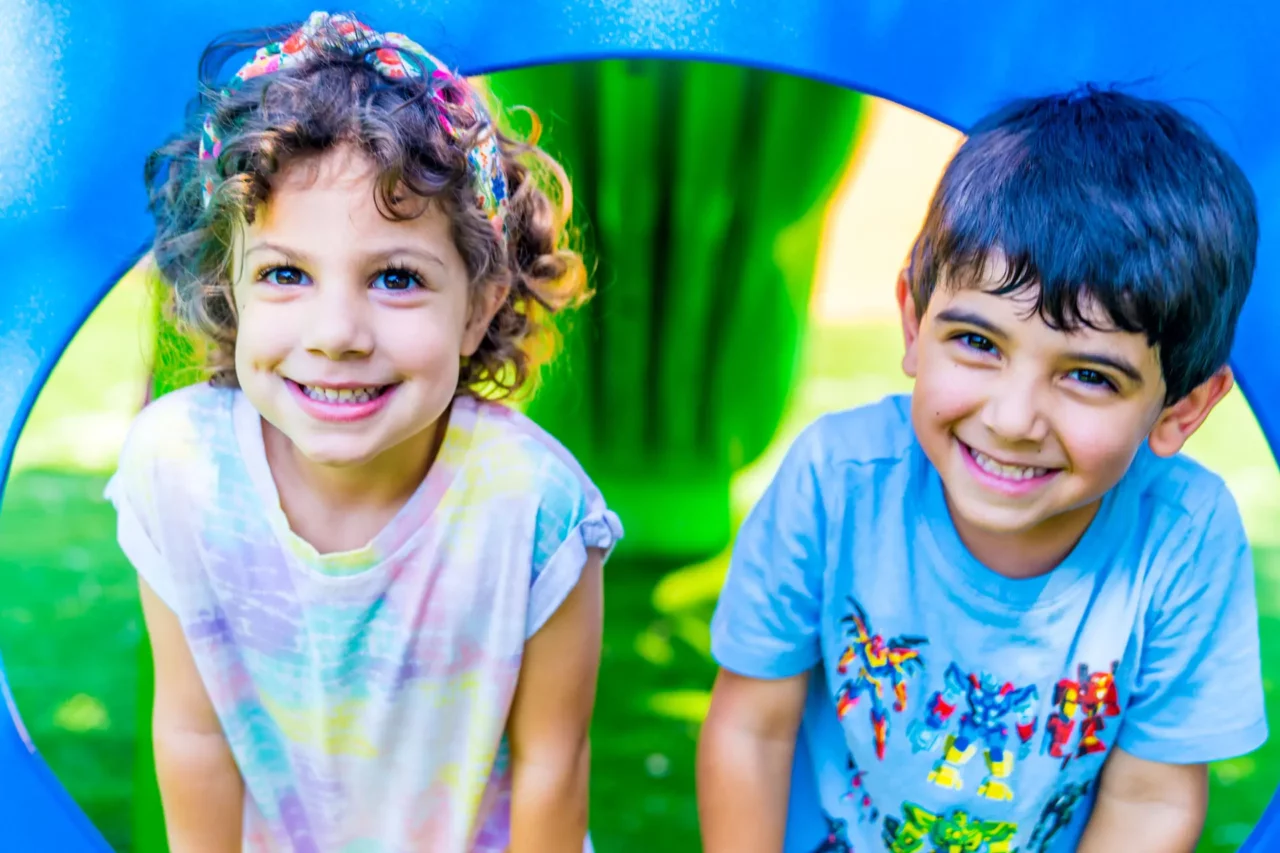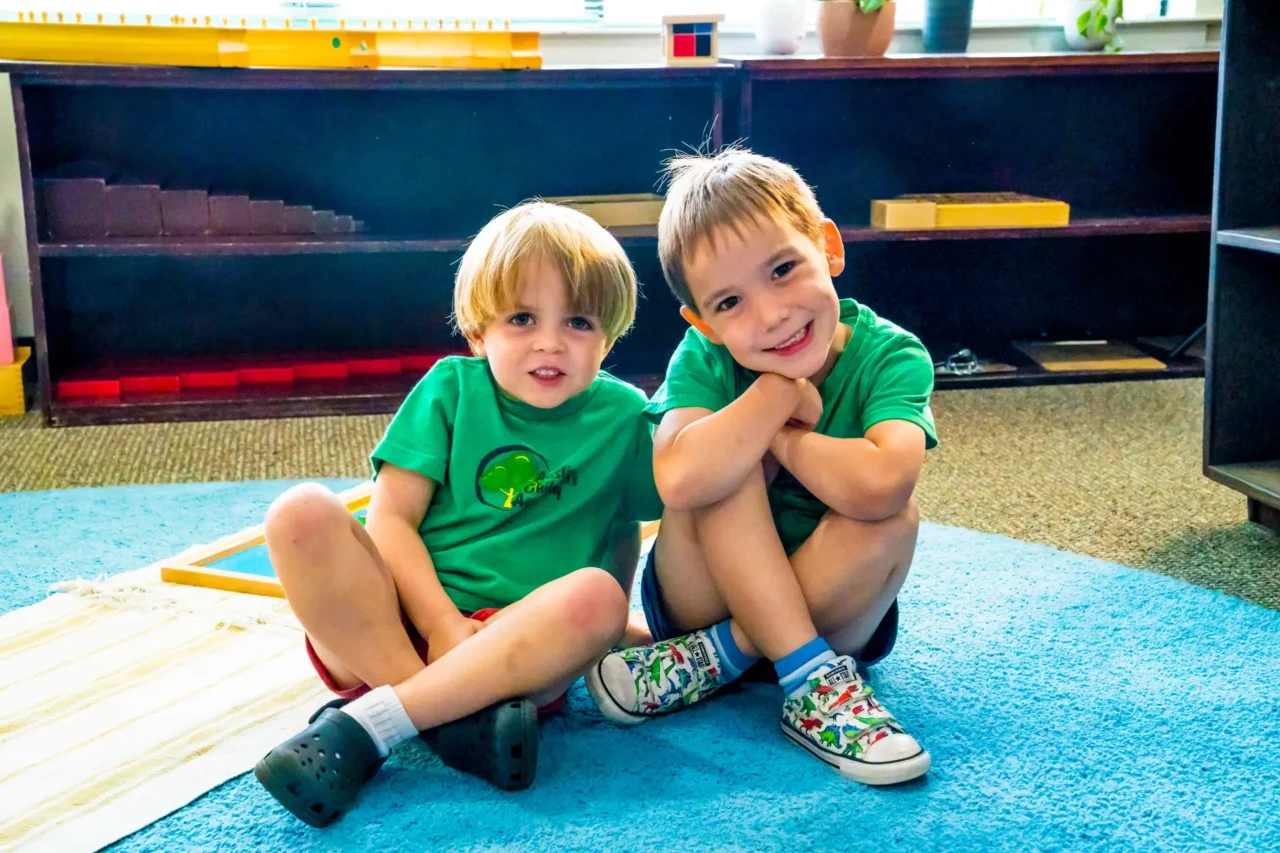
Most parents remember the first year of their babies’ lives as a wondrous (albeit exhausting) cycle of feeding, burping, diaper changes, and too-short naps. Yet while you were taking care of your children’s most basic physical needs, their brains were developing in leaps and bounds, soaking in and retaining impressions and experiences at a breathtaking pace. In fact, neurologists have determined that the first three years of a child’s life play a crucial role in future emotional and intellectual capacity.
Basic Baby Brain Biology
Most babies are born with brains about a quarter the size of ours, and they don’t reach an adult size until after the age of three. In those intervening years, not only are neurons multiplying, but thousands and thousands of connections are being made between the cells. This is like stringing telephone wires between different sections of the brain, allowing for better, more efficient, and more complicated comprehension, communication, and recall. You’ll see the result in your child’s first smile, first words, and increasingly boundless curiosity.
But this neurological explosion does not go on forever.
Pruning And Plasticity
Several landmark studies have suggested that there are critical periods during a baby’s first three years when, if the proper stimulus doesn’t occur, the opportunity for normal function is lost. So, babies born with cataracts must have them surgically removed ASAP to allow the brain to develop the neural capacity to see. Similarly, early neglect is awful on a baby’s brain, often resulting in long-term behavioral, intellectual, and mental health issues.
Basically, a baby’s brain is incredibly malleable, and it’s the environment in which he lives that determines growth.
Sensory Stimulation Saves The Day
The Head Start program was created with neuroscience in mind. The program promotes early-education academic opportunities to preschool-aged children in the expectation of narrowing the academic gap with their economically better-off peers.
Early education for infants works on the same premise, providing an additional environment for babies to explore along with caregivers educated in early childhood education to direct their development. These caregivers observe your infant’s widening interests and make available new toys and experiences appropriate to their developmental stage.
A home full of hugs, love, laughter, voices, colors, shapes, textures, scents, and movement certainly provides all the vital stimuli that an infant needs. But it’s rare to reach the limits of a baby’s curiosity. By taking advantage of a short period of an infant’s rapid brain growth, early education for infants can seize the moment to enhance development and help your child, now and in the future, reach his fullest capabilities.





